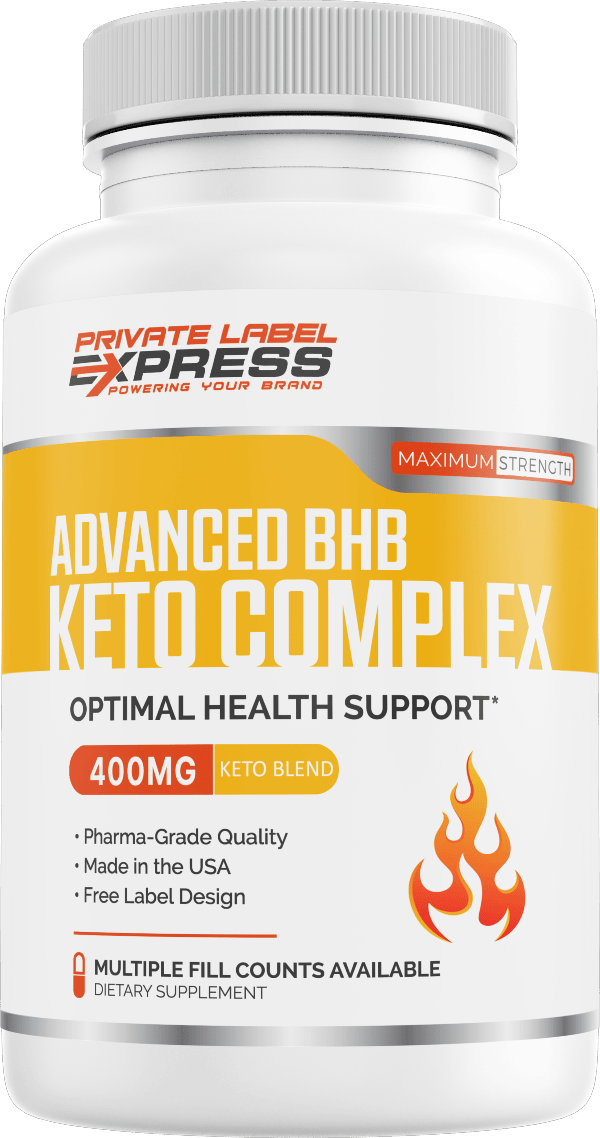
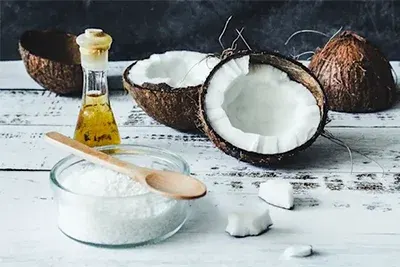 Thinking About Selling Private Label Coconut Oil?
Thinking About Selling Private Label Coconut Oil?When it’s time to introduce a new supplement product to your brand line up, experienced sellers understand the importance of doing proper market research before making the financial investment. Many dread choosing the “wrong product” to move forward with, making this part of the qualification process key to your continued success.
 A Couple Of Factors To Consider
A Couple Of Factors To ConsiderWhen considering your next product, the first key point to remember when making your selection is that different supplements represent different potential opportunities. For example, some nutritional supplements might have limited competition, so establishing your brand presence and gaining sales momentum may be easier in the beginning, but the potential sales upside may be limited as a result. Another supplement option may be massively popular worldwide, and by making early progress depending on your product launch strategy and chosen marketplace, the progress may be gradual, but the sales upside would be higher and well worth the extra time and effort. A third product opportunity may be what is considered an “industry staple” – they have displayed tried and true market resiliency over the years, making them a less volatile and more stable type of product to choose from. Though it may not serve as the centerpiece of your product lineup, it could potentially be the perfect complementary option.
Another key factor to consider is which direction the product’s popularity seems to be trending in – does your research indicate an upward or downward trend?
Doing proper research is a vital step, but it is often an overlooked part of having a private label business by many first-timers. Your brand could have a great message, ethically-sourced raw materials, and effective supplements, but without the demand, it doesn’t stand much of a chance at gaining traction. No matter how good the marketing may be, if consumers don’t see a need for it, they won’t buy it. And convincing someone they need something is a lot harder than simply already giving them what they want.
We will examine the benefits and the business behind selling private label coconut oil supplements so that you’re able to make an educated decision on whether or not it is the type of supplement that will work well with your brand’s product lineup.
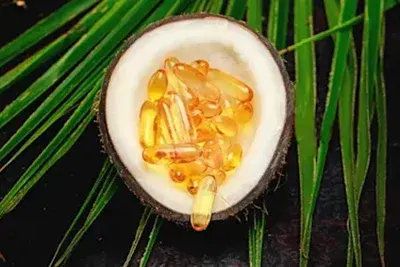 A Closer Look At Private Label Coconut Oil Market Indicators…
A Closer Look At Private Label Coconut Oil Market Indicators…Prior to starting a business or adding a new product to your brand, it is crucial to scrutinize a product’s market advantages and challenges. For dietary supplements, some of the best market indicators include historical search engine and sales data. This information can help determine the potential opportunity that private label coconut oil can provide you and your brand.
Our historical search engine analysis shows that the term “coconut oil” gained notoriety in 2014 when it experienced a 51% spike. This influx was chiefly due to the “natural products” trend that dominated social media during this period. At this time, many consumers sought out the oil as a natural hair moisturizer and with the “oil-pulling” subtrend as an alternative to toothpaste. Coconut oil remained highly popular until the later part of 2017; at this point, the term experienced a minimal drop and stabilized for the next few years.
Recent analysis reveals that in the 12 months, ending in January 2021, the search term has averaged hundreds of thousands of searches every month. Furthermore, the term’s search popularity has experienced a recent 53% increase during this period.
When looking at search terms closely intertwined with the ingredient, phases like “keto coconut oil” and “coconut oil antiviral” have increased in popularity by 1400% and 300%, respectively. This rise may be due to coconut oil’s keto-friendly status and its possible immune support properties. We will elaborate on these factors later in the article.
Given the impressive increase in popularity for “coconut oil” and other related terms, it is recommended that sellers use these and similar keywords in their marketing. However, it is imperative to note that ranking higher than current competitors on the first page of search results for coconut oil is moderately challenging; and that prices for these and related keywords are above average.
When looking at sales statistics, we can see that the top ten coconut oil supplement brands move thousands of units monthly through e-commerce platforms like Amazon. Although many of these top brands have thousands of customer reviews, some only have a few hundred. This detail may indicate that with the proper marketing and customer service approach, new sellers may be able acquire enough reviews to break into the top.
Furthermore, according to verified market research, the global coconut oil market was valued at $4110.8 million in 2020, and it is expected to reach $5537.9 million by the end of 2026. A deeper analysis indicates that dietary supplements emerged as the leading application segment in the market and accounted for over 57% of the total revenue in 2020. Despite modest sales numbers on e-commerce platforms, market projections show a growing opportunity for those seeking to offer private label coconut oil supplements in the future.
Segments of the population consume private label coconut oil for a variety of reasons. Some consumers buy the product due to its rumored weight management properties, while others seek its possible immune support capabilities.
Several inconclusive studies have shown positive results when looking at the effects of coconut oil on weight management. One recent randomized controlled trial observed that the medium-chain triglycerides (MCTs) found in coconut oil increase the number of calories burned by the subjects by 50%. A second 12-week study showed a significant reduction in participants’ BMI after consuming two daily tablespoons of coconut oil.
As stated, some also consume the ingredient for its possible immune-supporting properties. This trend emerged from studies linking lauric acid (which makes up 50% of coconut oil) to the plausible reduction of harmful pathogens such as bacteria, viruses, and fungi.
Others who partake in the keto diet may also consume coconut oil as it may help provide a quick energy boost and thus alleviate some of the side effects of the diet. Finally, many include the supplement in their daily routine as it may help improve skin and bowel health.
Private label Coconut oil contains numerous MCTs such as lauric acid, caprylic acid, and capric acid. These triglycerides may provide many of the ingredient’s viable health properties. Additionally, MCTs may help increase metabolism and the absorption of nutrients into the digestive tract. This quality makes the supplement a great complementary product to add to your brand’s lineup.
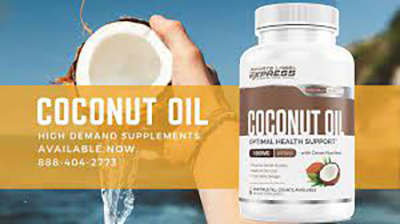 Are Private Label Coconut Oil Supplements Right For Your Brand?
Are Private Label Coconut Oil Supplements Right For Your Brand?Private Label Express offers a wide selection of market-tested and proven stock solutions for you to choose from allowing you to find the perfect product to suit your brand and set you apart from the competition. Your purchase includes complimentary label design, label printing, and label application in your name, ensuring the product is fully branded and ready to go when you receive it.
We offer many other private label supplements besides coconut oil, contact one of our experienced team members today for an in-depth, customized consultation.
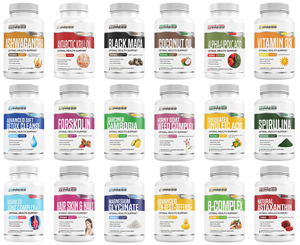 Partner With Private Label Express Today!
Partner With Private Label Express Today!When it comes to competing with brands around the world, we understand what it takes to help power you to the next level of your success. Give your brand a competitive edge and make our team a part of yours.
World-class production capacity, industry-leading turnaround times, high-demand products, and unparalleled support. Power YOUR Brand with Private Label Express.
